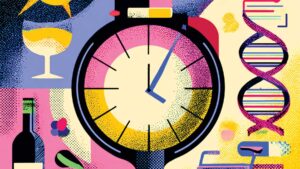
Cuervo, Distinguished Professor at the Albert Einstein College of Medicine and co-director of the Einstein Institute for Aging Research, is a leading expert in autophagy, the process of breaking down and recycling old or damaged proteins in cells.
Read More















